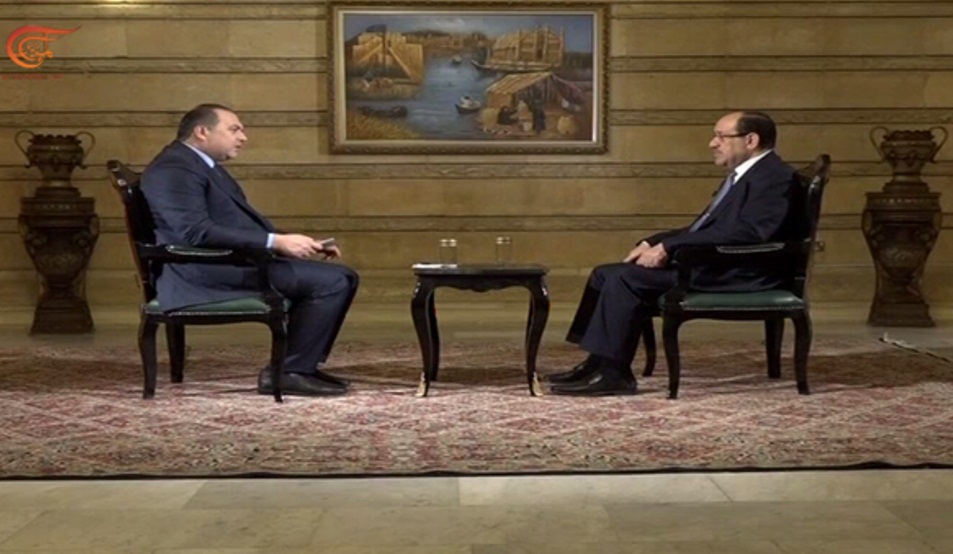Maliki: Saudi Arabia unable to send troops to Syria


Iraqi Vice President Nouri al-Maliki says the United States is trying in vain to replace its military men in Syria with Saudi troops because Riyadh is stuck in Yemen crisis and can never send troops there.
In an interview with Al-Mayadeen TV channel, Al-Maliki addressing Saudi Arabia and Qatar said their dispatch of military forces to Syria will be met by resistance of Syrian combatants and this is while the Syria crisis has a political solution.
Referring to the beginning of Syria crisis and support of certain Western and Arab countries for terrorist groups, the former Iraqi prime minister said his stance at that time on the Syria crisis angered many Arab countries which had counted on the downfall of the Damascus government.
He said he declared to them at that time that Iraq was ready to send its army to Syria in order to prevent Damascus from falling into the hands of terrorists. The Iraqi VP said he had also told Washington that Syria was not like Libya and arms could not solve its problems.
Al-Maliki said however that if the US wants to get out of the Syria crisis it would not like Saudi Arabia to take its place in that country.
‘How can Saudi Arabia send troops to Syria while being stuck in Yemen crisis? On what ground
has Riyadh launched a military aggression against Yemen and is bombarding Yemeni civilians? Nouri Al-Maliki questioned.
On Baghdad-Riyadh relationship, the Iraqi vice president said Saudi Arabia has not changed its attitude towards Iraq and has failed in its attempts to topple the governments of Syria and Lebanon.
He said Saudi Arabia is under an illusion that by establishing consulates in the Iraqi city of Najaf and Basra and requesting meetings with Iraqi sheikhs and officials it can infiltrate Iraq.
Iraq supports Saudi Arabia ending its ethnic behavior and its support for terrorist organizations, Al-Maliki said.







